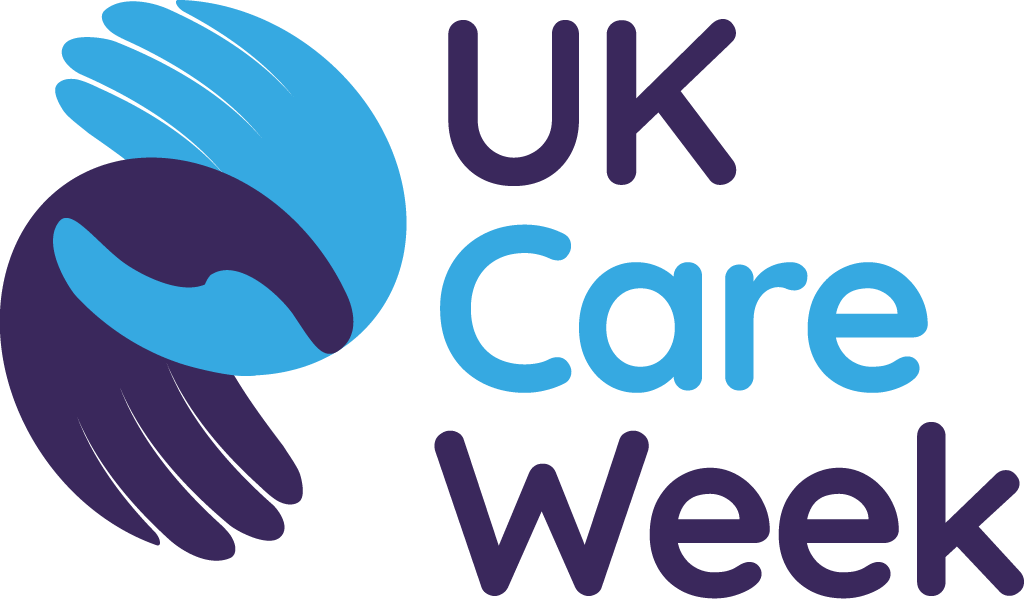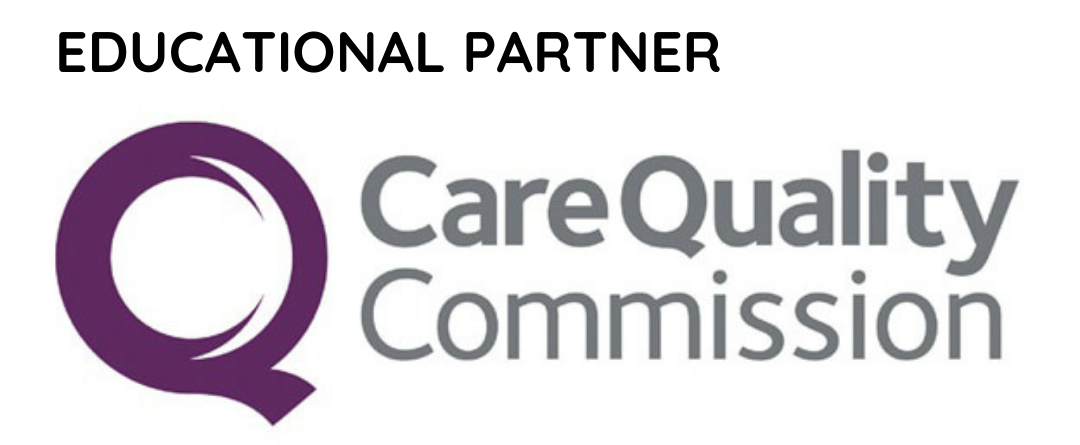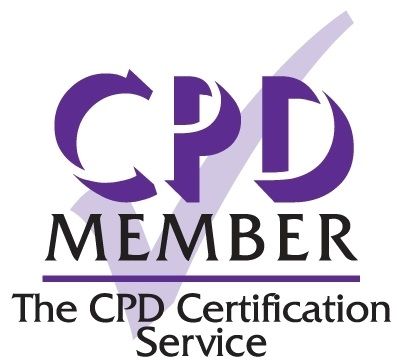The evolving role and duties of a qualified nurse in a nursing home
)
Nursing is a relatively well defined role with an ever expanding and evolving variety of duties and responsibilities within that, and nowhere is that more true than in the increasingly challenging nursing home environment.
Once seen as the easy option for qualified nurses, in many ways the nursing home is increasingly becoming the front line in patient, centred community based nursing, and nurses who work in this environment are often expected to perform a wide variety of duties far beyond the scope of traditional clinical care.
So what is it exactly a nurse does in the nursing home environment? What are nurses being expected to do? And where exactly should they draw the line?
Clinical care.
At the very core of what every nurse does is clinical care. We carefully monitor and document our patients physical and mental health, we take steps to prevent any physical or mental deterioration and perform a wide variety of clinical tasks from diagnosing and treating a wide variety of ailments and injuries to ensuring PEG feeds, IV infusions, oxygen administration and catheters among other things are both in situ and working. We provide routine care on a daily basis, palliative care when it is needed, emergency care when it is necessary and a wide variety of other clinical tasks in the meantime.
Medication.
Medication is possibly one of the single biggest tasks that takes up the majority of a nurses day to day work, and it doesn’t just involve the correct administration and documentation either. Nurses are also responsible for the correct auditing, ordering and storage of medications, and liaising with pharmacy to ensure that each patient has enough stock of the correct medication at all times and the GPs ensure that any new medication that is needed is prescribed.
Documentation, documentation, documentation.
Alongside the physical act of performing clinical skills, nurses are also responsible for the meticulous documentation of each patients specific care. Writing care plans, updating daily care notes and other specific daily care reports and many more can take up a significant amount of time away from your patients but is none the less essential. Being responsible for overseeing each patients overall health and medical histories, qualified nurses are singularly responsible for the administration and documentation for each patients personal care plans to ensure that each patient is having up to date patient centred care.
MDT liaison.
Modern health care for any given patient requires a wide array of specialist care and input from a range of multidisciplinary team members. Paramedics, GPs, palliative care teams, community nurses, nurse specialists, mental health teams, chiropodists, NHS and private services and a whole host more, and you as the nurse in charge of your patient are expected to liaise and coordinate care between each and every single one of them.
Clinical lead and management.
Nursing homes are often unique among many nursing environments in that quite often you are the lone qualified nurse in charge of a unit, a floor or a shift, and you often have no other qualified nurse to lean on for help, support or advice. This means that not only are you responsible for your own duties, but you are also responsible for managing the team of health care assistants or carers that you are working with. This means taking the ultimate responsibility for all their actions and omissions, ensuring that all the activities of daily living for each patient is being maintained, routine care tasks such as washing and dressing are maintained to the highest standards and paperwork pertaining to that care is filled in and checked. You are often also responsible for covering staff sickness and illness and other management responsibilities.
Admin tasks.
Quite separate from the day to day documentation relating to patient care, nurses are also often left with the tasks of doing basic paperwork administration, faxing, and even conducting routine and one off audits to maintain clinical standards for professional bodies such as the CQC.
Basic care? Really?
In many old fashioned nursing homes where the staff haven’t changed in decades there is still very much an outdated and archaic notion that nurses should be ‘hands on’, a notion left over from a time when nurses were nothing more than doctors assistants. This is an insulting term that belittles the role of a nurse and ignores everything else a nurse does if they do not also do the work of a carer or HCA, implying that nurses are somehow not doing anything if they don’t ‘help the HCAs’.
Nurses in this environment need to take a stand against this. Roles and rank exist for a reason, and carers and HCAs are there to provide the most basic care such as bathing and changing the beds. Does this mean that a nurse will never help with feeding, or help with personal care when they think it is necessary? Of course not. In fact nurses give personal care a lot when they need to check a patients skin integrity or help with feeding to test out a patients swallowing capability or they have another clinical need to do so, but those tasks are done when the nurse is able and has the need to do so. Nurses have different focuses that they need to concentrate on. Nurses do not need to feel guilty in delegating these tasks to those whose role it is to do them, and concentrating on the qualified tasks that they are there to do.
Just because nurses no longer routinely give basic care, that does not in any way mean that they care less about their patients. It just means that they need to take care of the duties that are imposed specifically on those who hold the correct qualifications to do them.
Nursing in a nursing home environment is not a simple task, and it is one that is becoming more pressured, more intense and increasingly diverse over time. As a qualified nurse, you are a clinical practitioner, a liaison, a specialist, an administrator and a manager all rolled into one. This is a significant responsibility and often carries with it a lot of pressure. This is why nurses working in this environment need to be as dedicated as the role demands.



